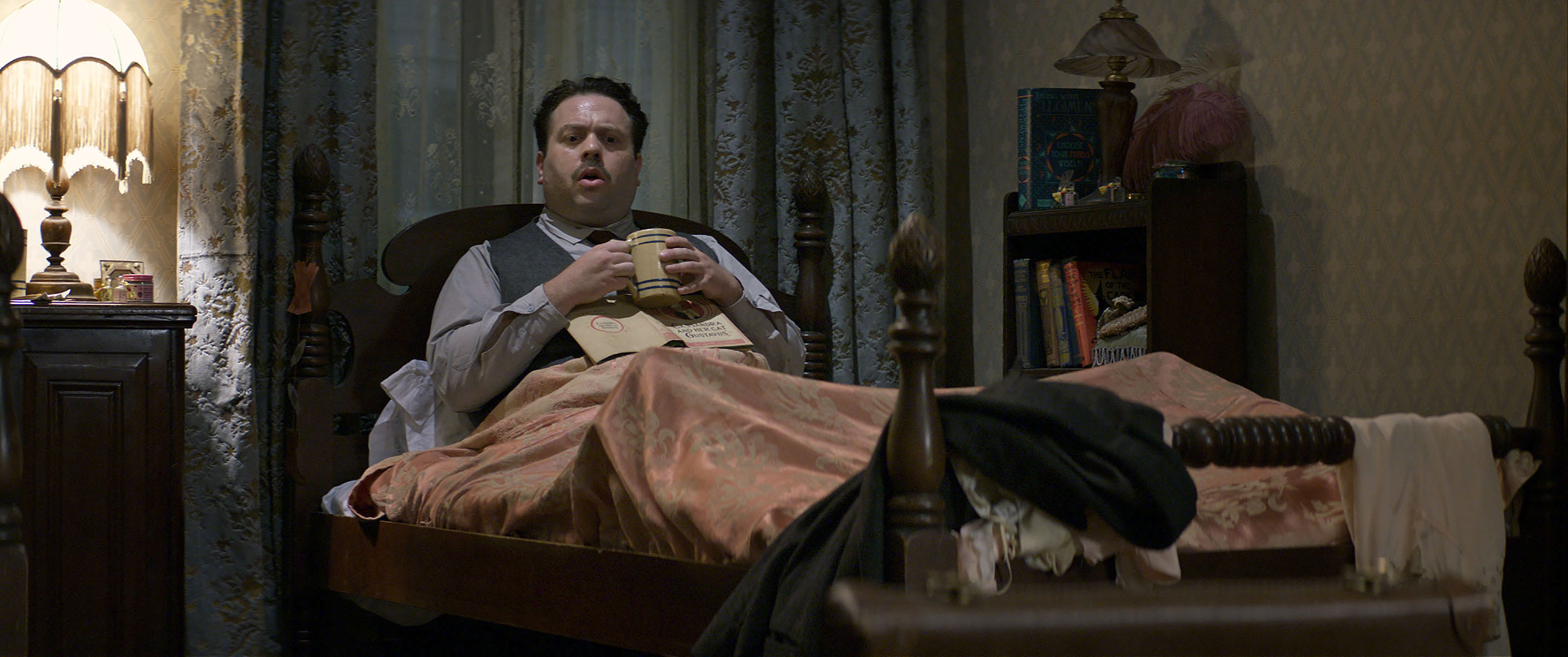When I read the reviews of the recent remake of Ghostbusters, with a female cast, I paused, considering the number of women shaken and delighted by the rare experience of seeing a slapstick adventure world through female eyes. It's one of those things I argue with myself over: how much does it mean, to receive art that reflects your life, your gender, your ethnicity, your gaze. When my daughter and I watched Ghostbusters together, I had to admit: it matters. I have lived much of my life transposing fiction. Or, perhaps more accurately, I have lived my life transposing my mind to match the POV of the fiction I have enjoyed. I am old enough that most of my life, and almost all of my early life, offered me few, if any, female protagonists, and those I experienced were seldom presented as having the kind of significance that male protagonists had, even in comedy. Even in the lightest of light literature.
So, yes. It was way cool to watch a show with my daughter and see the world through our eyes: through eyes that can't really help but see our female selves as having importance and meaning.
I found this even more true watching Arrival, though other than being a movie in the imaginative genres, with a female protagonist, it's not much alike at all. Louise Banks, played by Amy Adams, is sober--almost to the shattering point. The movie itself is haunted and haunting, wrapped in atmosphere and doom as much as any Gothic novel could be: no slapstick comedy here, though there are rare and shining moments of laughter.
The mystery at the heart of Arrival is not that difficult or obscure, if you've grown up on speculative fiction. I worked out the right possible resolution fairly early...and, as a result, experienced the movie in the odd mode of being as fore-sighted and complexly aware as the heroine, and as adrift in the time frame. The thing is, only the young and the unsophisticated will fail to work out the hook at some point--that's not a concern with most movies in any case. The hook works, the mystery is valid, the resolutions interesting--and the role of a woman in the lead is powerful, at least to me, as a woman and a mother.
If you could know how everything in your whole life would work out, from now to the end--would you do it anyway? Even the bits that will hurt? Even the losses that seem unendurable?
Does that change if your sense of time itself changes? If present and past stop meaning the same thing? If both the joy and the pain are palindromes? If the child of your womb is both born and unborn forever for you?
I have seen similar thematic material handled using male protagonists. Never in the same story, never with quite the same emotional licks and chops...and yet, I could easily go through Arrival and point out familiar tropes, well-used cliches, haunting children clinging to their fathers' souls. I find that, for me, it mattered to see this entire story--all the story--with a woman in the lead for a change. A mother in the lead.
That does not and should not mean that all stories should be given to women from now on. It means that it mattered to me, as a woman, to see Louise Banks as a linguist, as a professional, as a hero, struggle through the story in female form, being brilliant and remarkable and womanly--and because she was a woman, I found her own choices resonant and uniquely powerful.
| The solitude of the thinking protagonist...human, and alone. |
Maybe it's because for once I did not have to transpose--to throw my mind into the model of a "male identity" that I have used all my life to tag along with the Hardy Boys and Harry Potter. It is enough to make me wonder what all the male protagonist stories feel like to the men who watch them, never having to transpose--to set their sex aside to share the hero's path. It must be interesting. It must be haunting. It must be magic.
So--for me, Arrival was magic. I admired the leading character, and I reveled in the strange, brooding story, and I came away feeling that the story had proved its worth. I don't know if you will--regardless of your sex, or age, or prior experience. I know the story is well-built, the film standards reasonably high, and the themes work out over the expanse of the story, but I can't really say if you will find it "good." All I can say is I liked it, and I loved the heroine--perhaps the very first of the classic SF breed of pure thinkers solving the universe one insight at a time, without a single zap-gun ever drawn.




